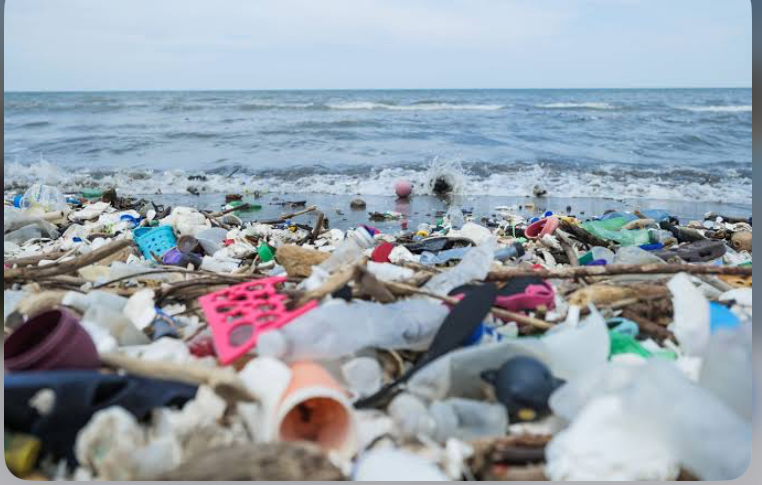Microplastic pollution tops Africa’s water contaminants list – NatureNews Africa poll

By Abbas Nazil
Microplastic pollution has emerged as the most pressing water pollution concern in Africa, according to a recent poll conducted by NatureNews Africa across multiple social media platforms including Facebook, Instagram, X (formerly Twitter), and LinkedIn.
The survey, designed to engage the public and raise awareness about the various sources of water contamination on the continent, revealed that an overwhelming 65 percent of respondents identified microplastic pollution as the biggest cause of water pollution in Africa.
In contrast, 35 percent of the participants pointed to oil spills as the primary culprit, while surprisingly, none of the respondents selected industrial waste or poor sewage systems, both of which have historically been considered major contributors to water quality degradation.
The findings, while unexpected in some respects, highlight a shift in public perception and perhaps growing awareness of the insidious and often invisible threat posed by microplastics.
NatureNews Africa, a leading environmental news platform committed to amplifying African voices on ecological and sustainability issues, sees this poll result as a reflection of increasing environmental consciousness among Africans, particularly concerning plastic pollution.
Microplastics—tiny plastic particles less than five millimeters in diameter—originate from the breakdown of larger plastic debris and from synthetic clothing, personal care products, and industrial processes.
They are not only difficult to detect and remove from water sources but also pose severe threats to aquatic life, biodiversity, and human health.
The platform maintains that while oil spills and industrial waste have long dominated environmental discussions due to their immediate and visible impacts, microplastic pollution represents a more pervasive and chronic threat.
Unlike oil spills, which typically occur during specific events and attract emergency responses, microplastics accumulate silently over time and persist in water bodies for decades.
They are consumed by aquatic organisms, enter the food chain, and eventually affect human populations—often without any visible signs until long-term health impacts emerge.
NatureNews Africa emphasizes that the results of the poll should serve as a wake-up call for policymakers, environmental agencies, and the public.
There is an urgent need for comprehensive strategies to tackle plastic waste, including reducing single-use plastics, improving waste management systems, and promoting environmental education across communities.
The absence of votes for industrial waste and poor sewage systems, despite their known impacts, further suggests the necessity of continued awareness campaigns to ensure all sources of water pollution are addressed.
NatureNews Africa stands firm in its commitment to environmental advocacy and education.
The platform will continue to highlight critical issues such as microplastic pollution, encouraging dialogue and action among stakeholders at all levels to protect Africa’s precious water resources and secure a healthier future for generations to come.
